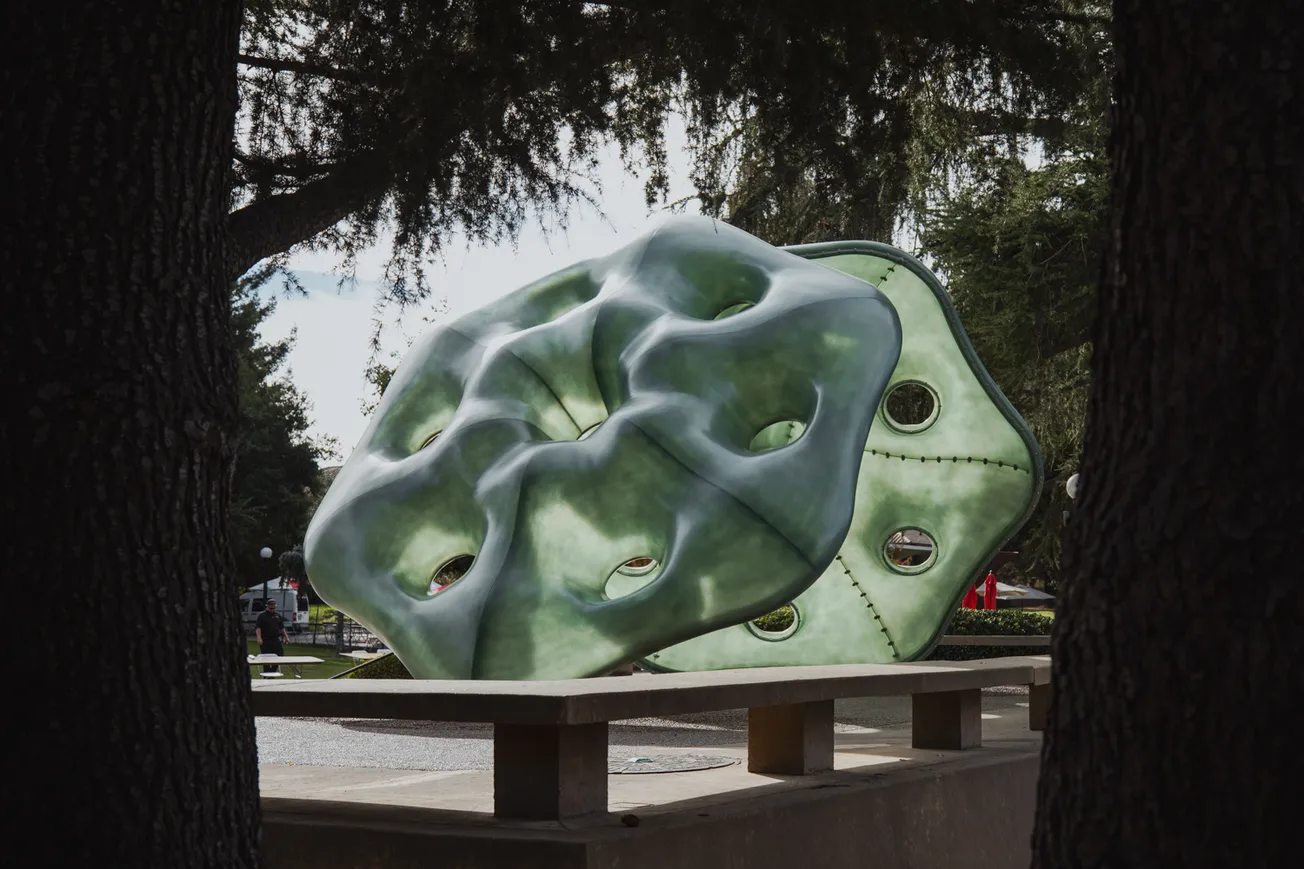Table of Contents
Note: The Review does not condone larceny. Identities of those involved in the Great Green Library Book Heist have been censored for their own protection. Read with caution.
Picture this: It’s been a long day, you’ve just spent most of your afternoon grinding a Pset in one of the soulless backrooms-esque study spaces in the basement of Green Library. You’re hoping to go home and have some form of vague relaxation before the inevitable Canvas notification ruins your day tomorrow. But not so fast! You have forgotten one crucial piece of information.
You, with your suspiciously closed backpack and dark eye circles are a potential high-level security risk. Green Library houses a myriad of rare and ancient texts, such as 400 volumes of North Dakota employment statistics and there’s no way of telling if you’ve stuffed each one of them into your suspiciously closed backpack.
Thankfully, Green employs foolproof security measures. Absolutely watertight. A disinterested librarian will look up from playing Candy Crush on her phone and demand you open exactly one zip of your cavernous bag and give a cursory glance in its vague direction.
Now you might think that with Pentagon levels of security that it would take the criminal mastermind of a century to sneak a book out of this veritable Fort Knox of outdated publications you could find online with a quick Google search. But we at the Review have never backed down from a challenge. The plan was simple. Walk in. Find a book worth stealing. Walk out undetected. Immediately return the book to its correct spot. Repeat with larger and larger quantities of books until someone notices or kicks us out for laughing too loudly.
We started small: agent “BabyBush24” went straight for Hegel’s Phenomenology of Spirit on the grounds that “no-one in any library should have to suffer through 640 pages of that nonsense.” Agent “MiamiAcceleration1” chose the entire box set of the Dave Chappelle Show, citing personal reasons. Agent “Red-Scare” chose a copy of Anna Karenina in the original Russian, as her copy had been “borrowed” by a member of her commune and never returned. Finally, agent “FakeBrit” made off with Roald Dahl’s entire anthology before any more edits could be made to them.
Unsurprisingly, this stage in the operation was a complete success—we won so much we got tired of winning. At one point a member of the plot walked out with the reference desk’s dictionary in his hands and no questions were asked, except for “can you open your bag?”
Ironically, this level of security at Green Library is not too far from almost every airport in America. In 2015, several Homeland Security Red Teams put TSA to the test, actively concealing forbidden items in order to see if they could get them through. The result: "TSA agents failed 67 out of 70 tests, with Red Team members repeatedly able to get potential weapons through checkpoints." Luckily in 2017, another test was carried out, with a much ‘improved’ 80% failure rate.
This is ultimately what TSA and Green Library checks have in common: to those with genuinely malicious intentions, they pose very little obstacle, but to regular, law-abiding citizens and students they pose a real nuisance…. Luckily, nobody has to take off their shoes at Green, but that's only because you can’t stuff a book in there.
The theatrics involved betray a serious divergence with actual reality: Green Library bag checks are completely and utterly useless, but, like other nonsensical rules enforced by higher-ups, Stanford students collectively pretend they aren’t under some bizarre “emperor wears no clothes” agreement. Something has got to give.
As far as I’m aware, this problem is relatively easy to fix, and many schools have much more efficient alternatives. Princeton, for example, has an alarm system, whereby the reference chips in each book are alarmed and students have to walk through shopping mall style sensors, which will blare if someone is attempting to illicitly take any books. Others have similar systems that don’t involve disinterested librarians pretending to be rigorous.
Quite frankly, Stanford needs to get with the times and step up its entrepreneurial spirit to fix a problem that affects hundreds if not thousands of tired undergrads every day, rather than keep on pretending this theatrical exchange holds any water. It is only after admitting that the bag checks are useless can we actually work towards finding a viable, efficient solution that can align Stanford with other elite institutions that have already found one.
Maybe, if we’re lucky, Stanford will lean into their TSA mimicry and introduce a Green Library Precheck (GLP™). Hope you saved up your Cardinal Dollars.








